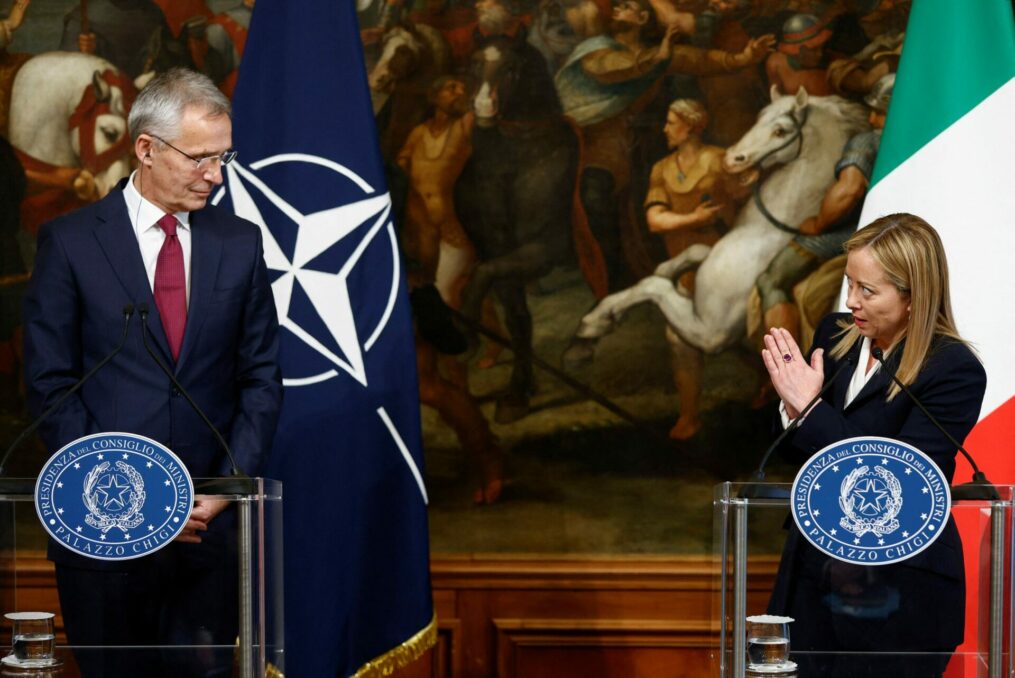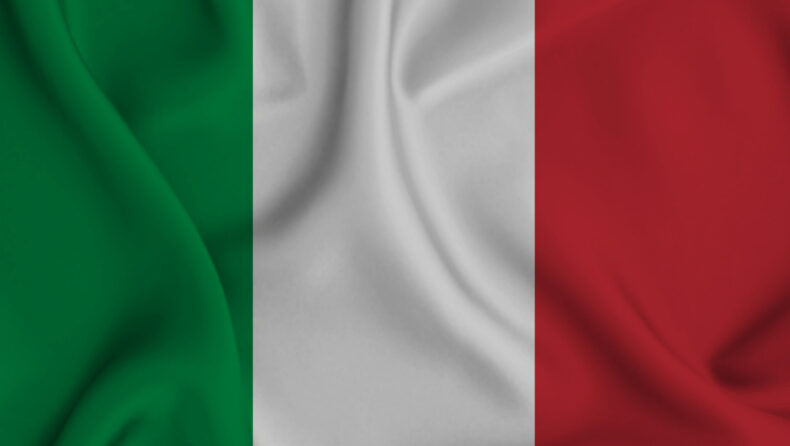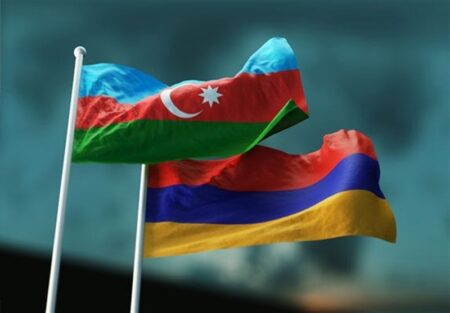Italian Prime Minister Giorgia Meloni’s visit to the Oval Office significantly changes her political journey. Previously seen as a far-right populist sympathetic to Moscow, he now presents himself as a pragmatic conservative who wants to engage with the international mainstream. This shift in understanding is crucial for US President Joe Biden and Ukraine’s Western backers as Italy takes over the leadership of the G7 next year at a critical time in the ongoing conflict in Ukraine.
Table of Contents
From extremists to pragmatic conservatives
The election of Giorgia Meloni as prime minister in September initially worried Western capitals because of her blunt far-right populism. His nationalist stance, opposition to immigration and reluctance to impose sanctions on Russia over Ukraine raised concerns. Over the past ten months, however, Melon’s outlook has changed dramatically. He adopted a more cooperative approach, emphasised Italy’s commitment to the EU, UN and NATO, and strengthened the country’s alliance with the United States, especially in security and standard policy.
Development of relations between Meloni and Putin
As leader of the right-wing Italian Brothers party, Meloni has previously expressed support for Russian President Vladimir Putin’s strong-arm policies. He opposed sanctions against Russia following its 2014 invasion of Crimea, citing the need to protect Italian exports. In addition, he supported Russia’s Sputnik vaccines during the pandemic. His statements and actions endeared him to Moscow and raised concerns among Western leaders about his potential influence on G7 support for Ukraine.
Surprising twists and strengthening alliances
Despite initial fears, Meloni surprised US officials at the G7 summit in Hiroshima in May by showing his desire to build a strong relationship with President Biden. At the NATO summit in Vilnius, his support for additional security guarantees from Kyiv showed a commitment to the Western alliance.

As Italy prepares to chair the G7 meeting in January, Meloni’s support for Ukraine has brought relief on both sides of the Atlantic.
Happy Italian surprises and growing relationships
President Biden expressed pleasant surprise at Meloni’s leadership in military operations and looks forward to deepening his relationship with the Italian leader. This positive change is seen as Meloni’s acknowledgement of Italy’s responsibility and the importance of the United States as a critical ally. His visit to Kyiv reinforced his position as a leader who leads the coalition and follows an orthodox path in international relations.
Not without differences
Although Italy, under the leadership of Meloni, supports the attitude of the West towards Ukraine, not all Italians share the same views. Some populists on the left and right of Italian politics are still pro-Russia. The issue of sending weapons to Ukraine caused a heated debate in the media. Historically, Italy has tried to bridge East and West, promoting good relations between Russia and the West. However, Meloni broke this tradition and continued to support Ukraine with military aid, emphasising the defence of freedom and democracy.
Challenges ahead
While Biden and Meloni may agree on Ukraine, there are potential differences. In 2019, Italy became the only G7 country to join China’s Belt and Road infrastructure initiative, which the US now hopes to lose in the new Cold War climate. Meloni has stated that he wants to terminate the contract, but the final decision is still unclear. If he chooses a middle path, tensions between Biden and Meloni could resurface.
Conclusion
Giorgia Meloni’s journey from being considered an extremist to a pragmatic conservative committed to Western alliances has surprised many observers. The change in his political views has reassured Western leaders, especially with Italy’s upcoming G7 presidency at a critical time in the Ukraine conflict. While Meloni’s friendship with Putin has had its ups and downs, his growing relationship with President Biden shows a willingness to work together on critical international issues. However, challenges await, especially in balancing relations between Russia and the West and directing Italy’s relations with China. As the political landscape evolves, the dynamics of Putin’s Italian allies continue to be a fascinating subject to watch.













